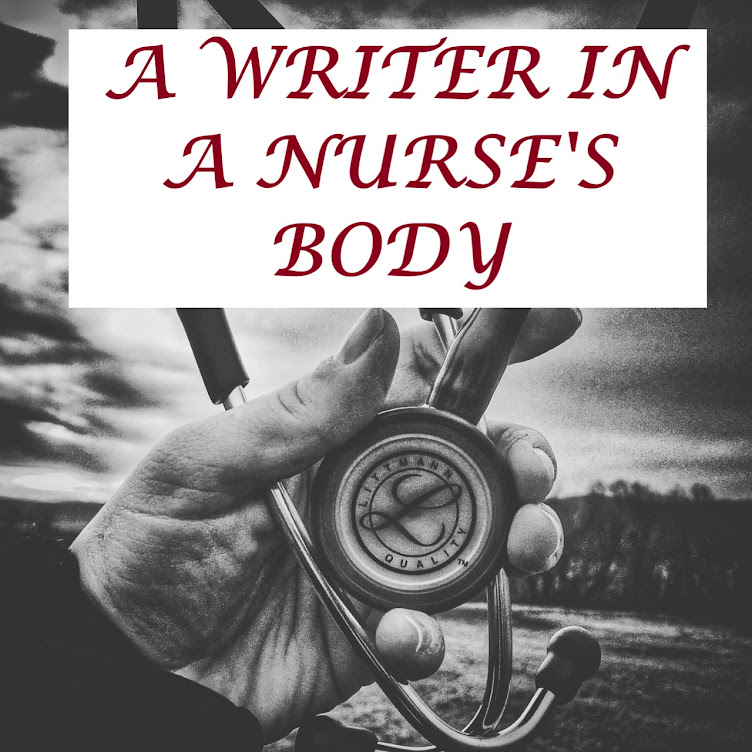Hey Everyone (that reads this) J :
These last couple of months of 2009, particularly the last month (December) has been pretty much rockbottom so far of my life. Nothing has gone right…I am in a constant state of looking for something that is out of reach. I don't even know what I'm looking for, which makes it harder to find. But this subject will be in a next blog. I'll get to that later.
First I want to talk about my resolutions. (Not in any order..just how they come to mind)
- I want to Learn Chinese!! I actually want to learn every language (at least 10) and Chinese has always fascinated me, so good place to start. I know a lot of Spanish and a tid bit of French, but I'm ready to take on China. And Sign Language is a very close second.
- I need to continue my weight loss regimen, so I guess this is and isn't a "resolution". Its been a rocky road in terms of losing weight but at least it's a road at all and best I can do with the new year is to keep trying. I need to be 20 pounds less by next year!
- I need to keep better control of my finances…big time. Its not that I spend a lot of money, but the money I do spend I spend without keeping track of and then I get my bills…and I just feel out of control. I don't know where any of it possibly went. But I guess that's a typical part of life…but I have to try. It will never be perfect, but I need some sort of system…any ideas?
- I need to stop biting my stupid fingernails!!!!! Enough said.
- I need to do a heck of a lot better in my studies. I haven't been good enough. Have to keep trying. Med surg is coming this spring, and it will be the hardest class yet. I have to put every ounce of effort I possibly have into this course.
- I need to focus on being happier with living in my skin. I have been very on edge lately and I can't place why. But that's another blog, like I said.
- I want to read more!! And paint more!! (Summer activities).
- I need to keep my room clean as I can.
- I need to keep my car as clean as I can!! It makes me sad to drive it.
- I need to focus on de-stressing more, because this has been ridiculous! J
Wish me luck J <3
~ A Writer in a Nurse's Body
